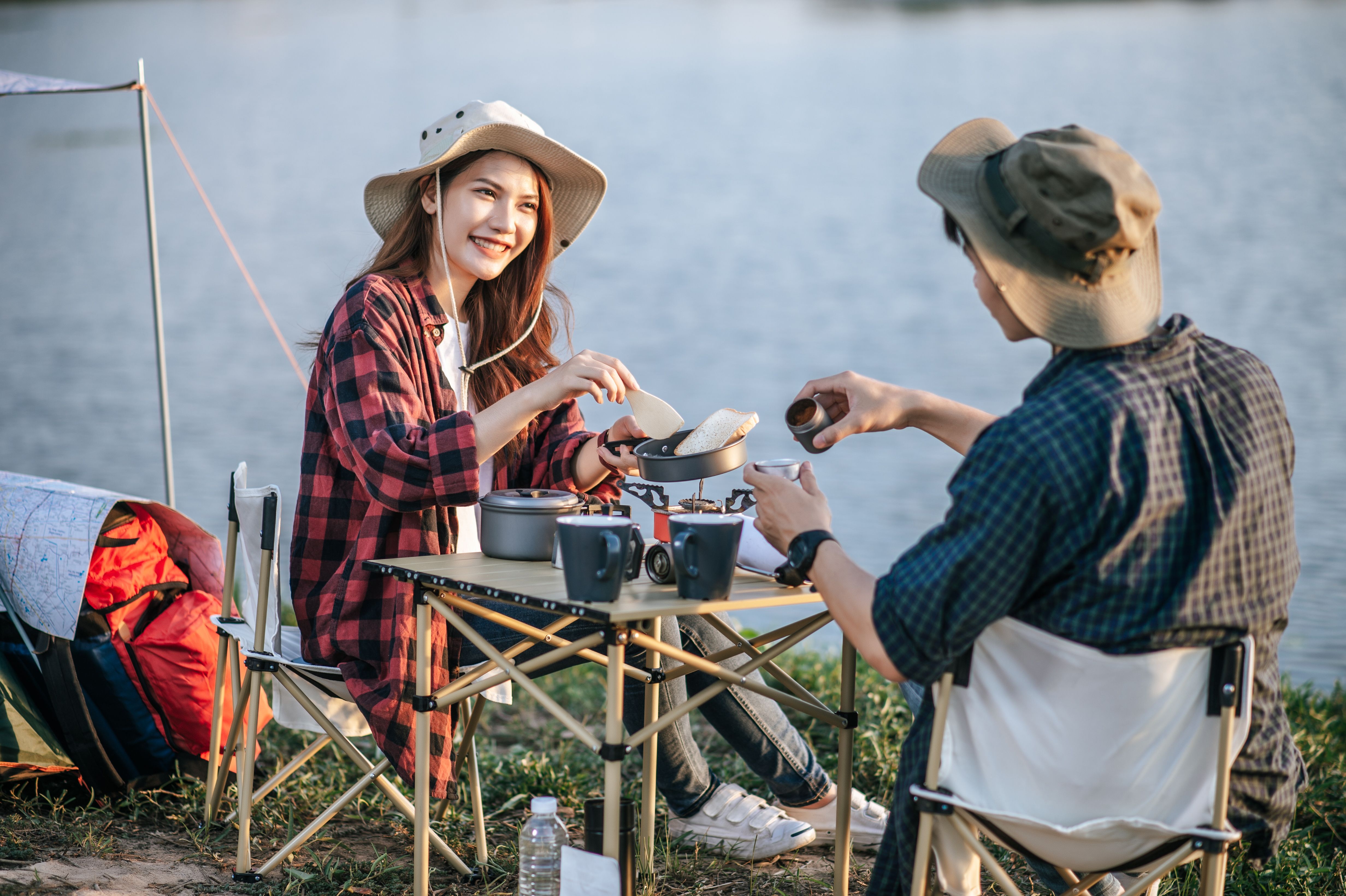
What are the simplest things one can do to be a green traveler ( Sustainable traveler )
It is common knowledge that one should "travel responsibly. We can all agree that traveling is a fantastic way to experience the globe, meet new people, and develop a deeper understanding of different cultures. However, with issues like plastic waste and global warming becoming more prevalent, there is a need for environmentally conscious tourists who make an effort to travel in an eco-friendly manner. Then, what can you do? Here are some tips on how you can reduce your carbon footprint as a green traveler by making simple adjustments.
Choose a Green Hotel
To make sure you are selecting a sustainable housing option for your future holiday, think about conducting some research before making your hotel reservations. The use of renewable resources in their operations, the reduction of plastic waste, and the creation of environmental projects like tree planting programs are just a few of the steps that many hotels are taking to become more ecologically friendly and sustainable. Finding the ideal eco-friendly trip could be as easy as simply keeping an eye out for the appropriate certifications and keywords like "eco-friendly" while you shop around. The environment will benefit, and as a bonus, you'll feel good knowing that you morally chose your hotel.

Go for Reusable Utensils and Containers
On a journey, using reusable food and drink containers is a terrific way to practice sustainability. They not only cut down on plastic trash, but they also end up saving money over time. When visiting nations where tap water is unsafe to drink and you would otherwise need to buy bottled water every day, reusable bottles are extremely crucial. Having reusable drinking and eating utensils with you can help you develop better habits and throw trash that would otherwise end up in the wrong place.

Make your Food When You Can
It should come as no surprise that traveling sustainably may be a challenging endeavor. But don't worry! Making your food when traveling will result in more environmentally friendly travel and, best of all, won't break the bank. Healthy, travel-friendly meals are well within reach with a little bit of ingenuity and forethought, whether it be kid-friendly greens, quick lunch sandwiches, or simple snacks that'll provide you enough energy through the journey. Therefore, begin bringing your reusable containers and get ready for an eco-adventure.

Staying Close to Home
One of the greenest ways to travel is to seek out local adventures, such as wandering around undiscovered areas of your neighborhood or visiting local museums. If you want to go a little bit further, think about taking a few hours' drive to a beach or forest. A modest experience can seem like it's in another country.
Use an eco-friendly booking site for accommodation
Websites such as bookdifferent.com evaluate our carbon footprint every night and rate eco-friendliness based on our preferences. Select lodgings that contribute to the regional economy.
Shop and eat local
Avoid going to international chain restaurants for meals or shopping at big-box stores and branded supermarkets. Instead, support local entrepreneurs and small enterprises to boost the local economy. You're preventing long-distance travel and preserving individuals in their occupations by doing this.
Choose a Green Accommodation
When traveling, pick eco-friendly and sustainable hotels. To do this, you might need to learn whether the hotel is certified, whether it has a sustainability report, what its waste management procedure and plastic policy look like, whether its goods and meals are made with locally sourced ingredients, etc.

Reduce, Reuse, and Recycle
You can prevent more harm by using your towels instead of the ones the hotel supplies, carrying a water bottle that can be filled up, consuming less food, water, and other products, and keeping an eye out for recyclable symbols.
A big No to Plastic
Avoiding single-use plastics will help you avoid creating too much waste and polluting the environment. Rather than buying pre-packaged toiletries, bring your own to avoid using plastic bags, use a cloth bag, avoid ordering takeout, and choose natural and plastic-free items.

Use Sustainable Transport
Flying may seem easy and appealing, but it is especially harmful to the environment. You might wish to take the train if you can get there. When traveling through cities, walking and cycling are recommended. It is also recommended to use public transportation rather than drive, which uses twice as much fuel. Look at non-stop flights rather than flights with layovers if flying is your only option.
Refill Shampoo and Conditioner Bottles
Purchase some long-lasting travel bottles (cheap ones won't last, and you'll wind up buying them pretty frequently, which defeats the point) or repurpose small containers for travel.
Share with Care
When shared photographs and videos attract tourists from all over the world, social media may quickly turn a gorgeous location from heavenly to awful. As a result, national parks and other ecosystems have suffered, and an increase in tourists can strain the local economy and infrastructure. Don't share the location in social media captions, and turn off location access on your phone. AI still allows for location identification, but it will be less obvious to everyone who sees it. Leave the drone at home and treat individuals with respect when taking pictures of them. Drones can disturb animals and invade people's privacy. Never share photos of youngsters.
